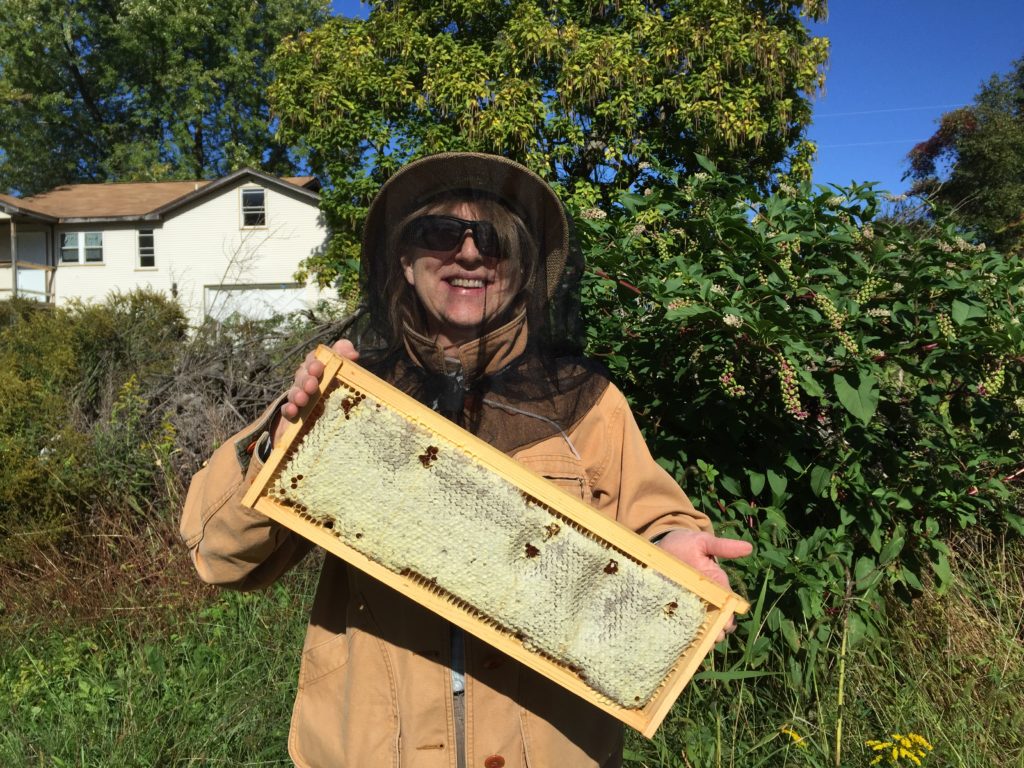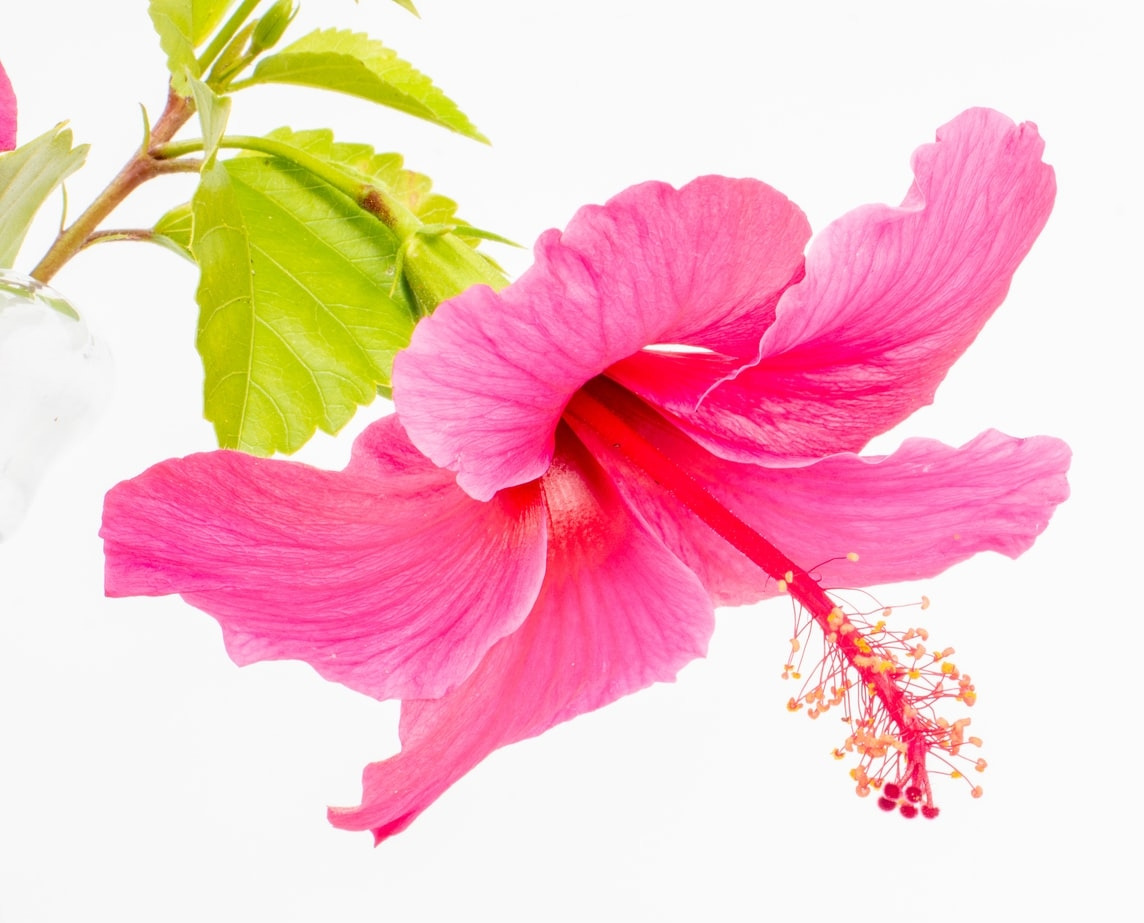For The Love of Honey

For eons of years mankind has revered honey as a gift of the gods, naturally healing and of course, delicious. As far back as 8000 BC, remnants of wax were found in ancient Turkish cooking pots and in 6000 BC, rock art from Spain shows people harvesting honey. The Egyptians were skilled beekeepers in 2400 BC, using honey as a sweetener and in their embalming fluid. The Greeks used honey as medicine (and so do I).
Honey is indeed naturally healing. Honey has antiseptic properties and is used for ailments from sore throats to burns and wounds. However, once heated (pasteurized), honey loses many of its healing benefits.
Raw honey contains many plant chemicals, called polyphenols. These compounds protect plants from sun and insect damage and become part of the honey when the bees collect nectar from the plants they visit. Polyphenols act as antioxidants that help protect your cells from free radicals caused by toxins in the environment. Free radicals can contribute to aging and chronic diseases, such as heart disease and cancer, for example.
The antimicrobial properties of honey depends on the source of nectar from the plants that the bees visit and hydrogen peroxide, which is naturally found in honey. Manuka honey, from the nectar of Manuka trees in Australia, is a great example of the healing benefits of honey. It is used in hospitals to treat wounds due to its antibacterial and tissue regenerative properties.
Honey has also been found to have benefits for digestive issues. The antibacterial properties of honey have been found to be effective against Helicobacter pylori, a very common cause of peptic ulcers. Honey is also good for the gut as a prebiotic. Complex sugars found in honey, called oligosaccarides, have been shown to promote the growth of probiotics, like Lactobacillus and Bifidus species.
Honey is a folk remedy for sore throats and coughs. A recent study showed honey was as effective as dextromethorphan, a common cough suppressant.
Raw honey from locally sourced bee hives has been reported by many people to lesson allergy symptoms. One theory is that since honey may contain trace amounts of flower pollen, repeatedly introducing exposure to small doses of the allergen builds up immunity, in a way similar to immune therapy (“allergy shots”). More research is needed in this area, however.
There are some risks with consuming raw honey. Botulism is caused by the toxin of a spore-forming bacteria, Clostridium botulinum, found worldwide in the soil. These bacteria can grow and produce toxin in some foods that are not properly cooked. Honey can contain these spores. While honey is considered safe for people 1 year of age and older, it should be avoided in babies less than 12 months of age. Infants have immune systems that are not mature enough to handle such a serious infection.
Enjoy honey and cherish the bees who make this amazing food of the gods. Encourage their survival by planting flowers they are attracted to. Protect these creatures from the pesticides which threaten their existence by supporting legislation to ban these poisons. Without the bees, not only will we not have honey to enjoy and heal us, but we will not have pollinators for the many plants we call food.

Very interesting! I will definitely be back for more of your insights! Thank you.